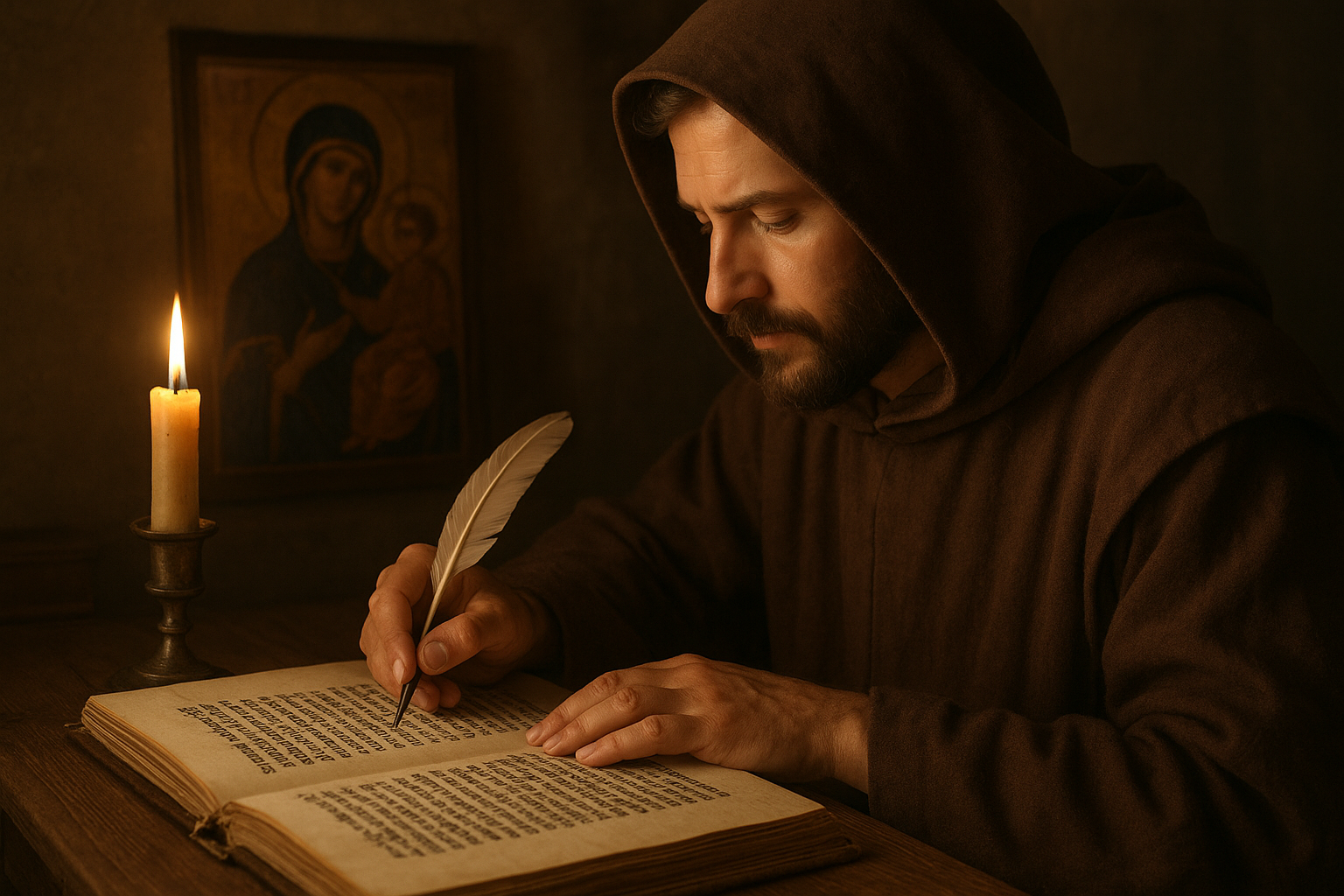The process of composition is often akin to a spiritual journey, one that transforms the solitary act of writing into a collective experience of miracle and marvel. Paganini once observed, “I am a composer, the most arbitrary creature one can imagine—a mere machine, tossed in the wind between inspiration and discipline.”
The Solitude of Creation
At its core, composing is a deeply personal and solitary act. It begins with a single concept, birthed from the recesses of the mind, that steadily grows into a full-fledged creation. This process is as much an act of dedication as it is of inspiration. Consider how authors retreat into solitude, much like Emily Dickinson, who penned many of her poems in isolation yet remained a towering figure in American poetry.
- Finding Inspiration: An idea, a fleeting image, or a stray note can ignite the creative spark.
- Overcoming Solitude: Writers such as Jack London believed solitude amplified focus, propelling their primary ideas into expansive universes.
The Art of Discipline
James Clear, an author on habits and productivity, notes, “Professionals stick to the schedule; amateurs let life get in the way.” This creates the dichotomy between the disciplined regularity of writing and the unpredictable bursts of inspiration that characterize the artist’s life.
To maintain their momentum, successful composers practice stringent self-discipline:
“You can’t wait for inspiration; you have to go after it with a club.” – Jack London
- Setting a Routine: Many revered composers, like Ludwig van Beethoven, adhered to precise routines, recognizing the value of regular work habits in enhancing creativity.
- Balancing Life and Art: Haruki Murakami, for example, famously maintained a strict daily regimen of writing, exercise, and rest to fuel his prolific output.
Composing as Devotion
Beyond the physical act of writing lies the spiritual essence of composition. Intertwined with devotion comes an exploration of emotions, human experience, and the quest for understanding the world through words. Walt Whitman, with his transcendentalist views, often imbued his poetry with themes of spiritual awakening:
“For every atom belonging to me as good belongs to you.” – Walt Whitman
This sense of shared experience achieves its pinnacle when the creation becomes a conduit for emotion and connection:
- Shared Experiences: The composer’s journey resonates with audiences when their words create resonance, transcending personal boundaries.
- Exploration of Human Truths: Leo Tolstoy asserted that art’s purpose is to express specific feelings so uniquely they become personal for each viewer or reader.
From Manuscript to Miracle
The transformation from a manuscript into a miracle happens when a work steps beyond its creator’s shadow to touch the lives of others. When we contemplate this transition from the personal to the collective miracle, we see composition as not just an art but almost a rite, a devotional practice. As Anne Lamott eloquently writes in Bird by Bird,
“You can either set brick as fast as you can to get up a wall, or you can take one brick at a time and set it perfectly, creating a flawless wall.”
The Impact of the Composed Word
The resilience of a composer’s message often lies in its capacity to invoke change and dialogue. An effective composition stimulates thought and fosters community, bridging the gap between the creator’s solitary endeavor and the world at large. It is in this shared miracle that the true spirit of devotion lives on, where every word crafted becomes an eternal echo in the continuum of human expression.
In conclusion, the act of composing stands as one of the most profound devotional acts, blending inspiration with discipline. It humbly begins with an isolated manuscript and transforms into a miracle of connectivity and expression. Just as Virginia Woolf asserted, “A good essay must have this permanent quality about it; it must draw its curtain round us, but it must be a curtain that shuts us in, not out.” Truly, in every composition lies a world waiting to be explored.
